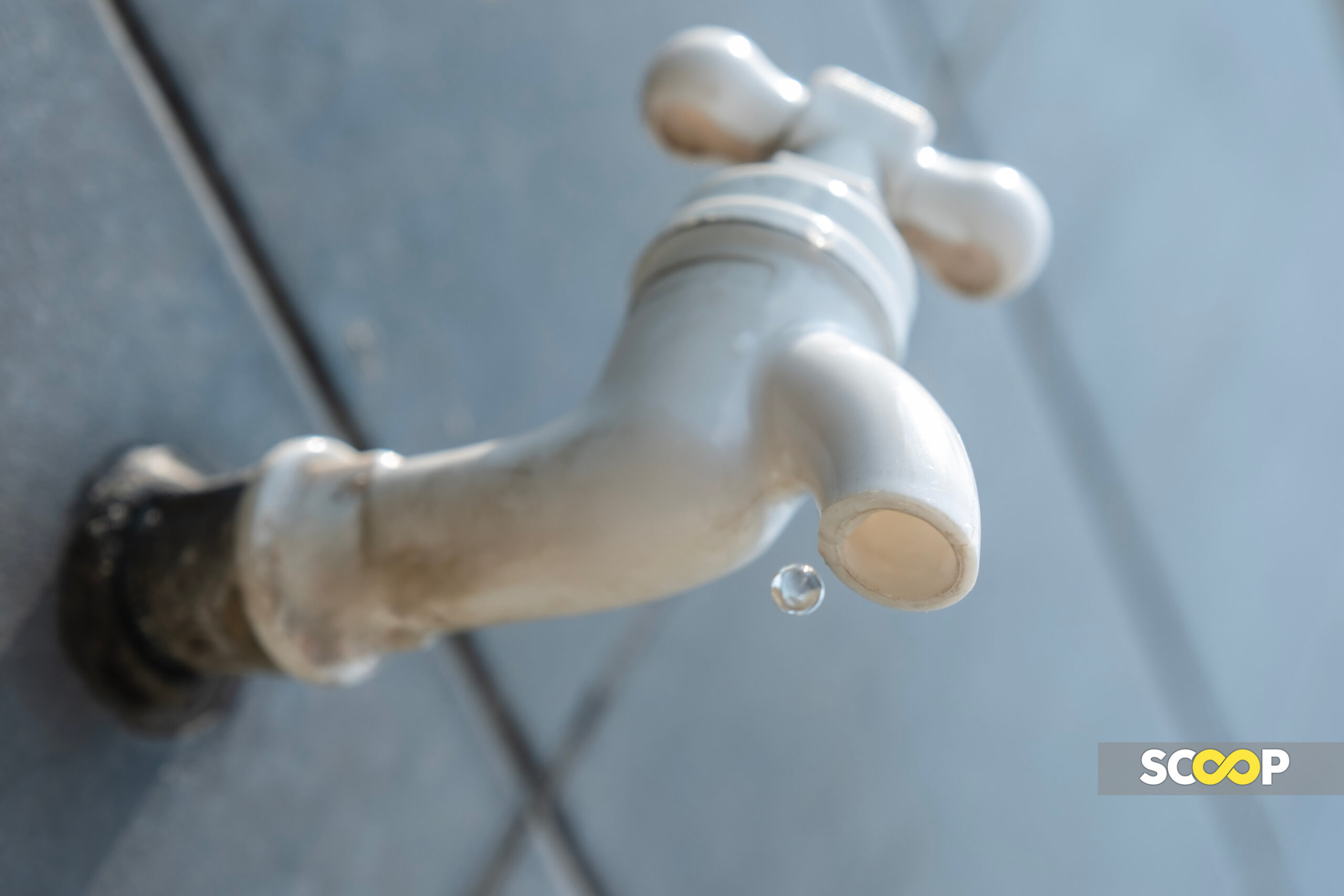SANDAKAN – The state government’s differing approaches to handling water quality issues across Sabah have left the people of Sandakan feeling like “second-class citizens”, compared to those residing in Kota Kinabalu and Tawau.
In saying this, the Sandakan Water Watch Station Committee said the state government has yet to provide a short-term solution to address the immediate brackish water problem in Sandakan, noting persistently high total dissolved solids (TDS) levels in the tap water.
“If our treated water supply is safe to drink, then the government should be transparent and reveal the TDS values for every area in Sandakan, allowing residents to feel assured about their drinking water.
“The Sabah government had significantly delayed responses in handling the water supply issue in Sandakan, with the brackish water problem persisting for nearly 18 months without resolution.
“This is unlike Kota Kinabalu and Tawau, where we saw swift and effective responses from the government to similar issues as they took proactive measures to investigate and resolve the problems,” Sandakan Water Watch Station Committee chairman Datuk John Khoo said in a statement.

For instance, following a peaceful demonstration by Universiti Malaysia Sabah students in Kota Kinabalu, the Water Department’s technical team conducted a comprehensive inspection of the water treatment plant, main pipes, reservoirs, supply lines, and water metres in the northern region.
Official tests confirmed that the output from Telipok Water Treatment Plant II meets the required water quality standards.
Khoo said a similar incident in Tawau, where the water department promptly addressed recent cases of foul odour and turbidity in the water supply.
It was found that the problems likely stemmed from the old and broken water supply system. The Tawau Health Department had collected samples for water quality testing to identify the source of contamination.
“Such a quick response is not happening in Sandakan. Here, the people are only asked to collect the water samples themselves and submit them to the Sandakan Water Department, and their results are not even guaranteed. This is a clear disparity in government attention and treatment,” he said.
He stressed that the state government’s unequal treatment in addressing water quality issues across regions highlights differences in administrative efficiency and attention, which underscores the government’s shortcomings in basic infrastructure and unfair treatment.
As such, Khoo urged the state government to conduct a comprehensive investigation into Sandakan’s water quality issues and implement effective short-term and long-term solutions to ensure all residents have access to safe drinking water.
“Water quality is a crucial factor affecting residents’ quality of life and health. The government should stop sidelining Sandakan and start taking immediate action to solve the water supply problem here,” he added. – June 30, 2024

